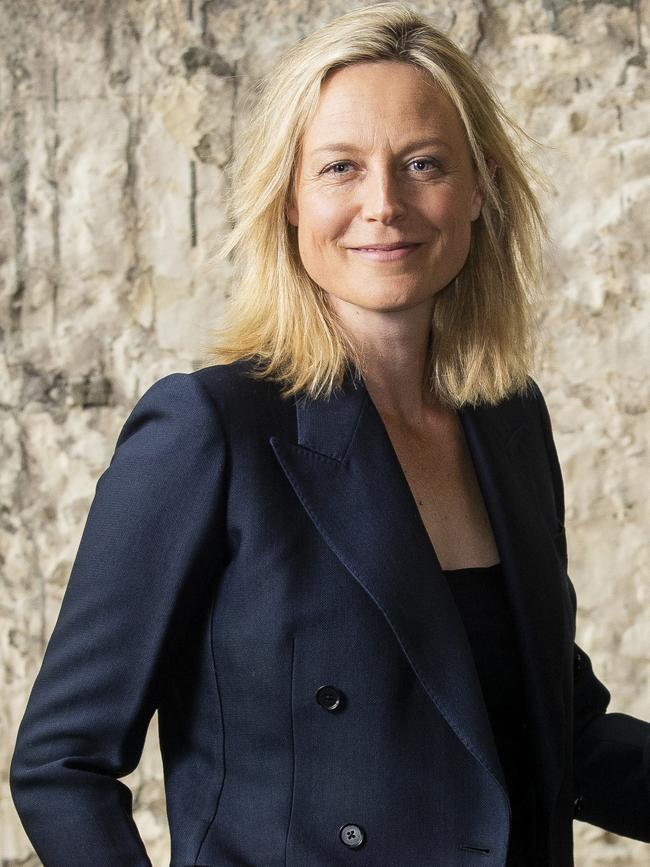Talking Point: This week we should all be encouraging Tasmanians to read and write
Some of Tassie’s biggest names are behind helping adults learning to read and write – and while it’s tough, it’s worthwhile to take those brave first steps, writes Deputy Premier Jeremy Rockliff.
Tasmania
Don't miss out on the headlines from Tasmania. Followed categories will be added to My News.
- Aged care provider staffs up amid COVID concerns
- State urged to ‘stop dragging heels’ over light rail
RAISING literacy and numeracy skills has positive outcomes for the entire Tasmanian community, and 26TEN Week provides opportunity to celebrate volunteers and trainers who support adult learners.
This is also a week for us all to encourage more adults to take that very brave first step and ask for help if they need it, because it is never too late to improve your reading, writing and maths skills.
Work and daily life now demand stronger literacy and numeracy skills. They are necessary to help us keep up and adapt to change at work and in daily life.
Unfortunately 48 per cent of Tasmanians do not have these skills, which is why we are striving for 100 per cent literacy.
All states and territories have a similar problem, but the difference is that we have the 26TEN Tasmania Strategy, an ambitious 10-year strategy to improve adult literacy and numeracy.
Five years ago, when I launched this plan for tackling this persistent social problem, we were unique.
Today, we remain the only state to have such an innovative strategy, which is making a real difference.
At its midpoint, progress has been reviewed and I am proud to report that the 26TEN network of businesses, communities and government organisations, and individuals working together has more than 960 members.
More than 1300 people have volunteered and completed training to be adult literacy tutors and 90 per cent of adults who have been supported by Libraries Tasmania — a 26TEN member — say they have improved their quality of life.

The review also made recommendations.
We know, for instance, that results are best where people and organisations collaborate to provide practical solutions for people where they live and work.
We know this takes time, so we need to look at new ways in which we can provide longer-term support.
Disappointingly, stigma around low literacy is still high.
Let’s not avoid the subject or joke about it. All people need is a bit of encouragement, and that’s something we can all give.
We need everyone to be able to participate at work, in the community and in their families if we are to be a resilient, prosperous state.
There is clear evidence that when people are supported to build their skills, they improve their lives, and achievements create a ripple effect, a positive impact, on their families, work and communities.
Leading the way is the 26TEN Coalition, a group of influential Tasmanians who volunteer to provide valuable input into the strategy and its implementation.
Members also work to gain support for adult literacy and numeracy in their industry or sector and they inspire those in their sector to take action.
These new appointments extend the reach of the Coalition into sectors that are vital for recovery from the COVID-19 pandemic, our wellbeing and prosperity.
Last week I welcomed Marta Dusseldorp, representing the arts, culture and media sector; Gail Eaton-Briggs, adult learning and trades; Richard Warner, agriculture; and Allyson Warrington, aged and disability care, to the Coalition.
Thank you to the many businesses, communities, councils and the 26TEN volunteers who have committed so much of their time and passion to helping us improve literacy and numeracy.
It is working together that makes the difference. We are building on what we have learned and will continue this in the years to come.
Jeremy Rockliff is Tasmanian Education and Training Minister.
Originally published as Talking Point: This week we should all be encouraging Tasmanians to read and write
